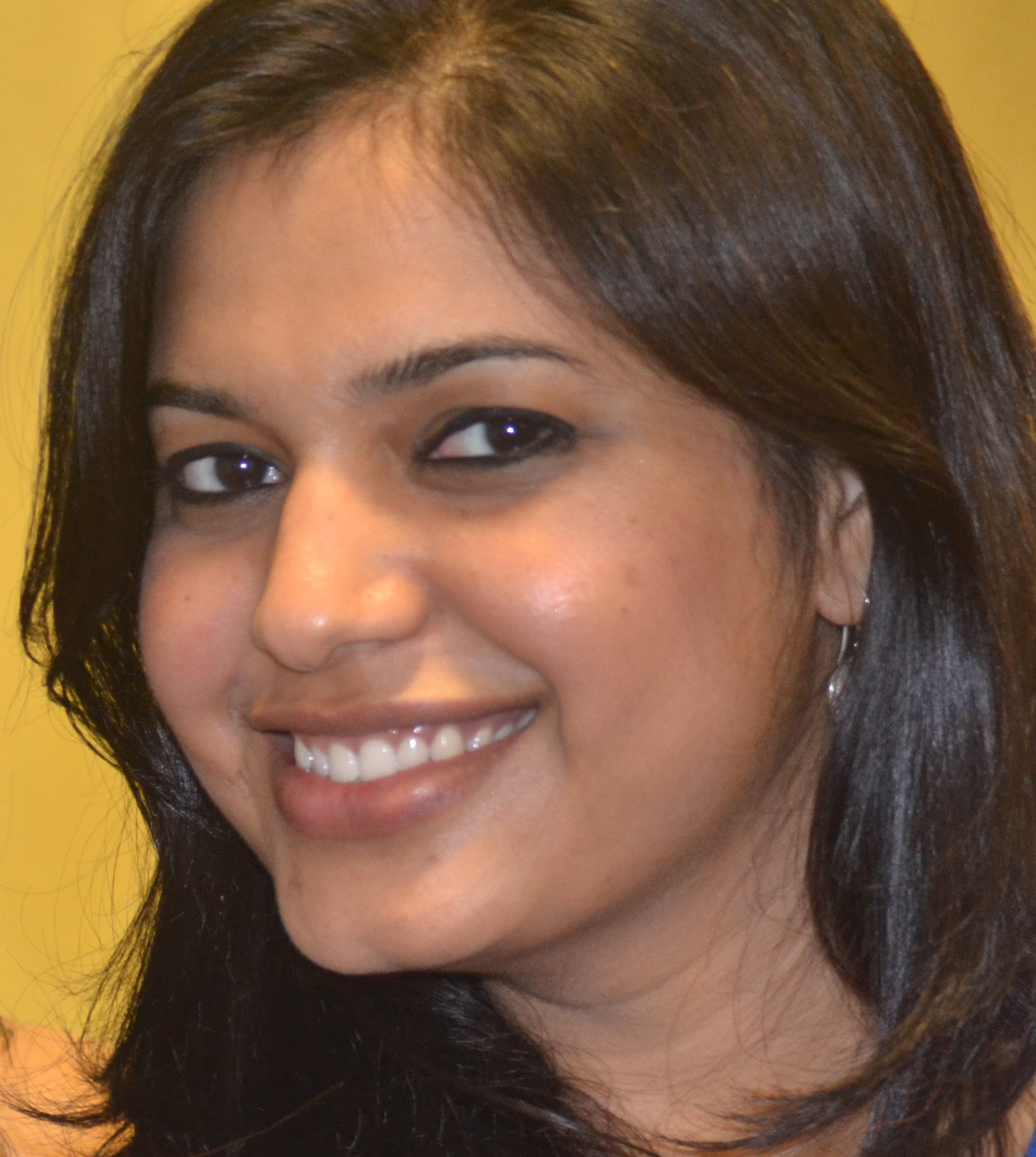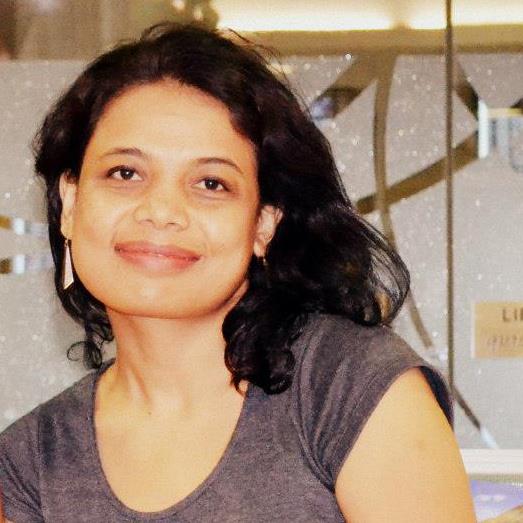Project Year
2014
Region(s)
South Asia
Country(ies)
India
Project Description
Findings from our current IMTFI study in Dharavi indicate that cash is culturally accepted for both business and personal transactions despite respondents having bank accounts and mobile phones. The primary reasons for low uptake of mobile banking services was respondents' apprehension about banking systems and a limited understanding about the financial system. Our study recognized two groups: migrant employees and women entrepreneurs. Both have potential to take up the mobile banking services if they are provided with adequate information. During our extensive pilots, we found that providing generalized financial literacy content without customization for the target population could not generate sufficient motivation amongst the group to adopt the mobile banking systems. Thus, we are currently designing context-specific financial literacy modules using real life stories from our respondents. These materials not only aim to address the knowledge gap about financial products and services, but also the underlying behavioral biases impacting financial decisions. Our current budget did not permit us to assess the impact of these modules on financial behavior and take-up of mobile banking services. Through additional funding, we would like to test if providing the respondents knowledge about new technological innovations using behavioral messaging increase the uptake of mobile banking services. We will also asses the challenges or dilemmas our target audiences face after we introduce them to cashless options, and record changes in their social infrastructure when they try to get out of cash-only worlds. We will approach mobile banking service providers with our financial literacy tools, and understand the willingness of service providers to collaboratively offer financial literacy tools for their clients. The research also seeks to assess the roles of gender (in the case of women entrepreneurs), and socio-economic status (in the case of migrant employees) in payment choices.
Researcher(s)
Mudita Tiwari and Deepti KC
About the Researcher(s)
 Mudita Tiwari holds a M.A. in Public Policy and a M.A. in Public Health (Epidemiology/Biostatics)
from the University of California, Berkeley, and a B.B.A in Information Technology
from Cleveland State University. At CMF she is working on research evaluating the
impact of microfinance, financial inclusion, financial literacy programs, and agricultural
financing programs in the states of Uttar Pradesh, Bihar, Maharashtra, Punjab, Tamil
Nadu, and West Bengal.
Mudita Tiwari holds a M.A. in Public Policy and a M.A. in Public Health (Epidemiology/Biostatics)
from the University of California, Berkeley, and a B.B.A in Information Technology
from Cleveland State University. At CMF she is working on research evaluating the
impact of microfinance, financial inclusion, financial literacy programs, and agricultural
financing programs in the states of Uttar Pradesh, Bihar, Maharashtra, Punjab, Tamil
Nadu, and West Bengal.
 Deepti KC has a B.A. in Civil and Environmental Engineering from the National Institute of
Technology (NIT), Jaipur, and a M.A. in Environmental and Public Health Engineering.
She also has a M.A. in Fundraising Management and Nonprofit Administration from Columbia
University. Deepti currently works as a Senior Manager and is involved in carrying
out several research projects relating to financial inclusion.
Deepti KC has a B.A. in Civil and Environmental Engineering from the National Institute of
Technology (NIT), Jaipur, and a M.A. in Environmental and Public Health Engineering.
She also has a M.A. in Fundraising Management and Nonprofit Administration from Columbia
University. Deepti currently works as a Senior Manager and is involved in carrying
out several research projects relating to financial inclusion.
Link to their blogpost, "Innovative and Interactive Ways to Improve the Savings Habits of Women"
Link to their project report, Innovative and Interactive Ways to Improve the Financial Capability and Savings of Women
Link to comic book, "Financial Literacy for Women Entrepreneurs" (148,815KB)
Link to comic book, "Financial Literacy Education of Migrant Workers" (39,931KB)
*please allow time to download larger files, we recommend viewing in Firefox, Chrome, or Safari.



